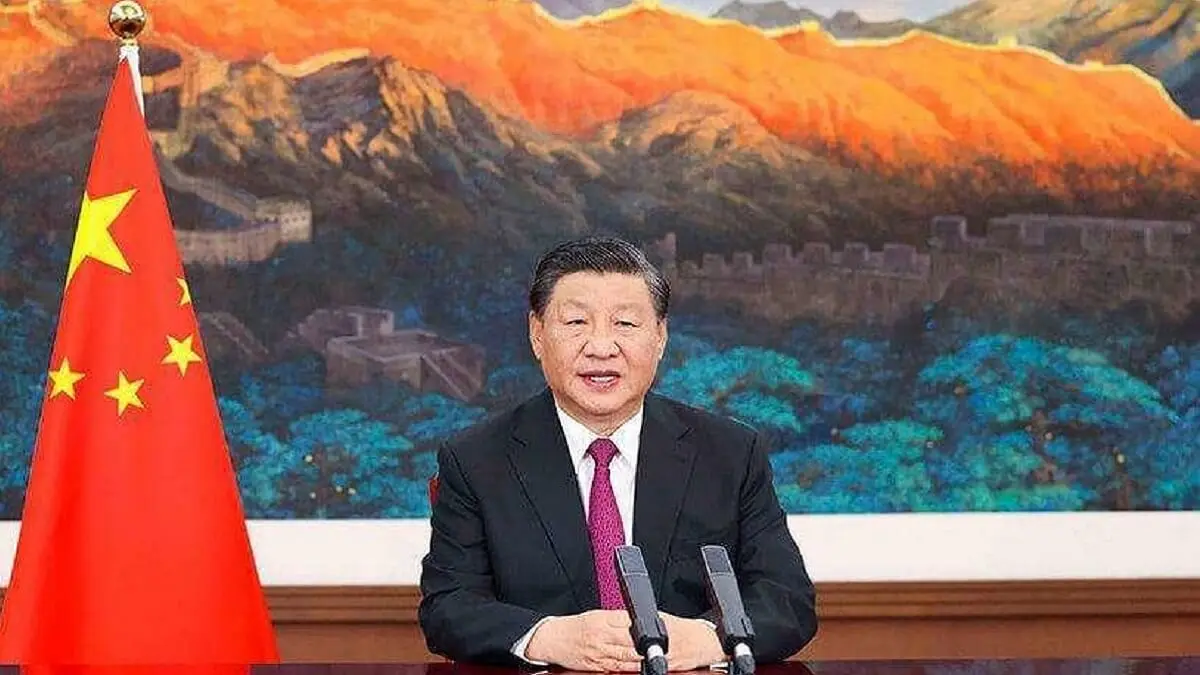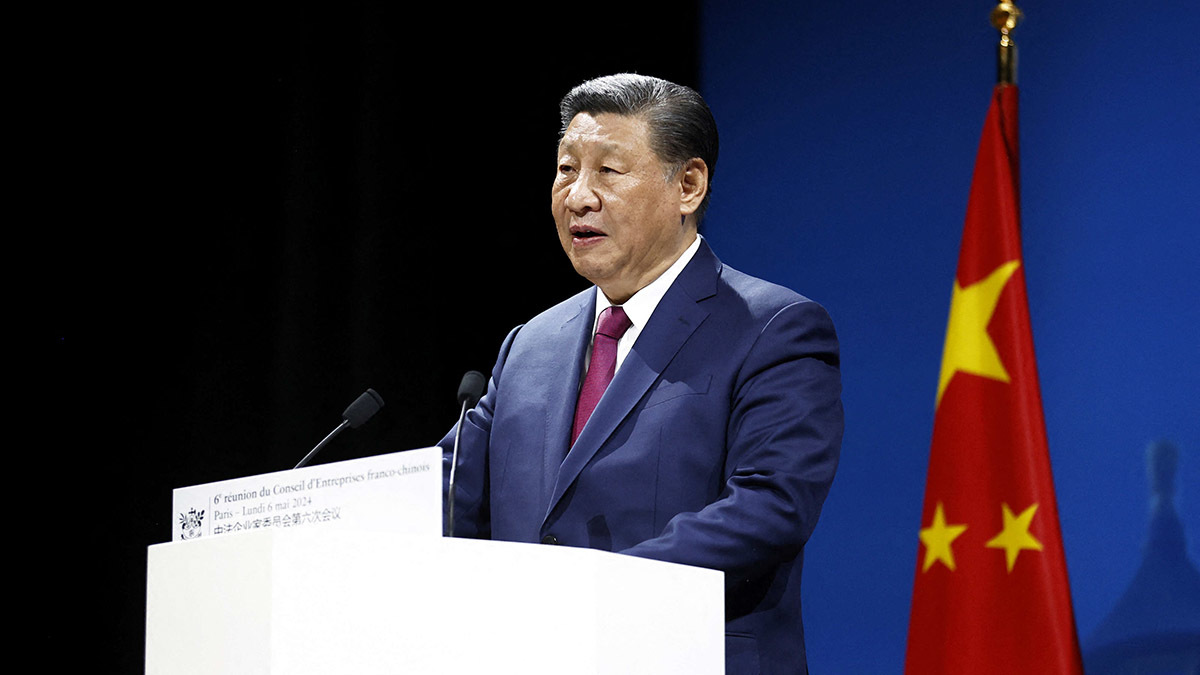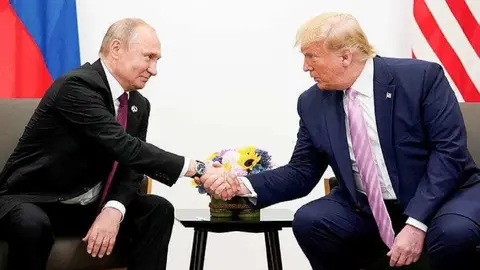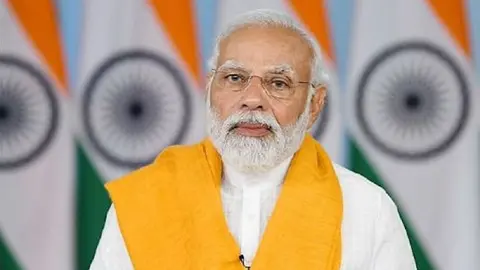Asia-Pacific, much more than a two-horse race

And although, due to the movements of the new US administration, the focus is inevitably on Ukraine, we must not lose sight of the real reason for these. During the last term of the current occupant of the White House it became clear that the focus of US foreign policy was shifting towards the Asia-Pacific region. For the United States, the real rival in the medium and long term is none other than the People's Republic of China, and the setting for their struggle is going to be that region, in an eminently maritime context. But in order to be able to dedicate most of its efforts to this challenge, it is essential to reduce its presence and involvement in other regions, hence the urgency to try to resolve or alleviate problems such as that in the Middle East (remember the Abraham Accords), or to lay the foundations as it did then for the withdrawal from Afghanistan. It is this second assault, together with the gradual withdrawal of the forces that still remain in countries such as Syria and the reduced involvement in the whole region, that has brought Europe into play, with the conflict generated by the Russian invasion of Ukraine at its epicentre. And all this, as we have already mentioned, with its sights set on the Indo-Pacific.
That is where the next game is going to be played out. Russia no longer poses a threat to the USA, neither militarily nor economically, which in the end is what really matters and sets the agenda, the movements and the alliances. And yet, in the event that the war in Ukraine ends (without going into how, or whether the way it happens is fair or unfair, as that is not the subject of this work), China, which has emerged as the new ‘great rival’ of the US, may be one of the countries most affected, if not the country most affected. On the one hand, because thanks to the war, and the sanctions imposed on Russia, Moscow has been forced to look for alternative ways to exploit its greatest source of income, its energy resources, and one of the ways has been to supply China with much-needed gas and oil at really low prices. The Asian country, which has a deficit in this type of asset, needs huge amounts of energy to run its immense industry, and Russia's weak position has been like manna from heaven. By the time Russia can return to normal, Beijing will have felt the blow. But there is another important factor. China, aware of Russia's difficult situation and the importance of the Arctic region, an area where Russia has the longest coastline, expressed its interest in playing a relevant role in the region just over a year ago. All this without being one of the five Arctic nations. If it were to be possible, it would only be viable with the collusion or collaboration of one of those five nations, and what better opportunity than a weakened Russia in need of income and the transfer of technology and components necessary to maintain the war effort, to be forced to reach agreements beneficial to the Asian country. As well as achieving a privileged position to participate in the coveted northern route, thus closing the circle of what is known as the ‘New Silk Road’.
But when we refer to the Asia-Pacific region, we cannot ignore a major player who also has a lot to say about what happens there. An actor that, in addition to having serious differences with China, feels threatened by the movements that come with the establishment of the Silk Road (the so-called ‘String of Pearls’) and that has traditionally been closer to the orbit of the former Soviet Union first and Russia later. And it is more than obvious that its position in this confrontation can be decisive.
We are, of course, referring to India. India plays a fundamental role in current geopolitics as an emerging power that seeks to balance its relations with the USA, China and Russia, while reinforcing its strategic autonomy. Its position is key in the Indo-Pacific region and in the multipolar system under construction.
Despite Beijing's traditional discontent with Moscow's close ties to New Delhi, which on more than a few occasions have come into conflict with China's territorial interests, in the current context of intensifying strategic competition between China and the US, Beijing has largely tolerated Russia's participation in these territorial conflicts, especially in the Sino-Indian dispute, as a useful tool to prevent New Delhi from leaning more towards Washington.
But with the apparent improvement in US relations and ties, both with India and with other countries in the region, in the current scenario of friction with China, understanding when and where Russian relations with New Delhi come into conflict is vital for navigating a complex geopolitical environment.

China has a multitude of territorial disputes pending with its neighbouring countries. Its land-based territorial struggle with India and its maritime disputes with Vietnam are particularly tense, given the historical military conflicts and recent confrontations that have claimed lives on all sides. However, Russia, China's increasingly close partner, or should we say, dependent, maintains close relations with both New Delhi and Hanoi.
We must therefore be aware that Beijing's actions towards Moscow are not determined solely by the conditions of the bilateral Sino-Russian relationship, but also by the dynamics and interactions involving multiple third-party actors and in multiple directions. As a result, the growing asymmetry of power between China and Russia does not necessarily translate, for the time being, into an equivalent increase in Beijing's influence over Moscow that would allow it to press for greater Russian support in China's territorial disputes with India and Vietnam.
Over time, the Sino-Russian relationship has grown closer and increasingly asymmetrical, especially since the end of the Cold War. China's robust economy and growing global influence have been juxtaposed with Russia's economic stagnation and decline in power. This imbalance in Beijing's favour has been exacerbated by the imposition of international economic sanctions on Russia in the wake of the 2014 Crimean crisis and the 2022 invasion of Ukraine. What some observers predicted when contemplating the evolution of the war has materialised, and it can be said that Russia has, in a way, become a ‘junior partner’ of China, which will allow Beijing to press for greater Russian support for Chinese claims in its territorial disputes with India and Vietnam and in its aspirations in the Arctic region, a key area on the geopolitical chessboard that will play a key role in the not too distant future.

The question is, to what extent can China take advantage of its favourable position of power to force greater Russian support? Taking archive documents, Chinese academic writings, memoirs and interviews with Chinese experts as a reference, it can be deduced that Beijing's long-standing discontent with Moscow's close ties with New Delhi and Hanoi originated during the Cold War period, contributing in part, if not to the breakdown, then to the distancing of Sino-Soviet relations. However, during the period following the fall of the Berlin Wall, and therefore of the Soviet Bloc, Beijing has adopted a completely different approach to Russia's involvement in these disputes to that of the Cold War era. China has tolerated Russia's involvement in these territorial disputes, especially in the Sino-Indian conflict, considering Moscow a useful tool to prevent New Delhi and Hanoi from leaning even further towards Washington by moving closer to its orbit.
But in the current scenario, unravelling the Chinese approach to Russia's relations with its other partners, especially India and Vietnam, is crucial for US policy considerations, as it sheds light on at least two key aspects of US strategy towards the Indo-Pacific. Firstly, it provides an essential understanding of the characteristics of Sino-Russian relations by highlighting a long-standing but often overlooked discrepancy between Beijing and Moscow, offering insights into how US policies could exploit this discrepancy. Secondly, this knowledge helps address the challenge of how the United States and its allies should manage their relations with India and Vietnam.
What we have seen so far shows us that the new geopolitical centre of gravity around which the world is pivoting is much more complex than they would have us believe, and that it is not just about a struggle between China and the United States. We have a third main player who, when the time comes, will have a lot to say, and who could even tip the balance one way or the other. And, given the current circumstances, with Russia's weakening as a result of the war, albeit subtly and without rushing, we are seeing New Delhi's rapprochement with Washington grow. And if we analyse it carefully, it is a natural move, as India needs support to help it counterbalance the incessant increase in Chinese presence in the seas that surround it, and the US needs a strong ally in the region on which to rely to balance its forces, and we are not just referring to the military (let's not forget the immense economic potential and talent that India represents) in that, for the moment, bloodless struggle to control what will be the new epicentre of world power.











